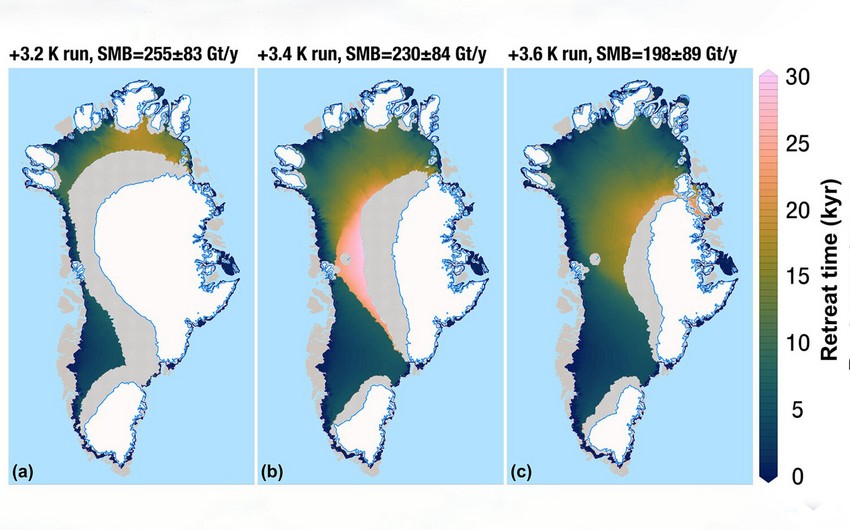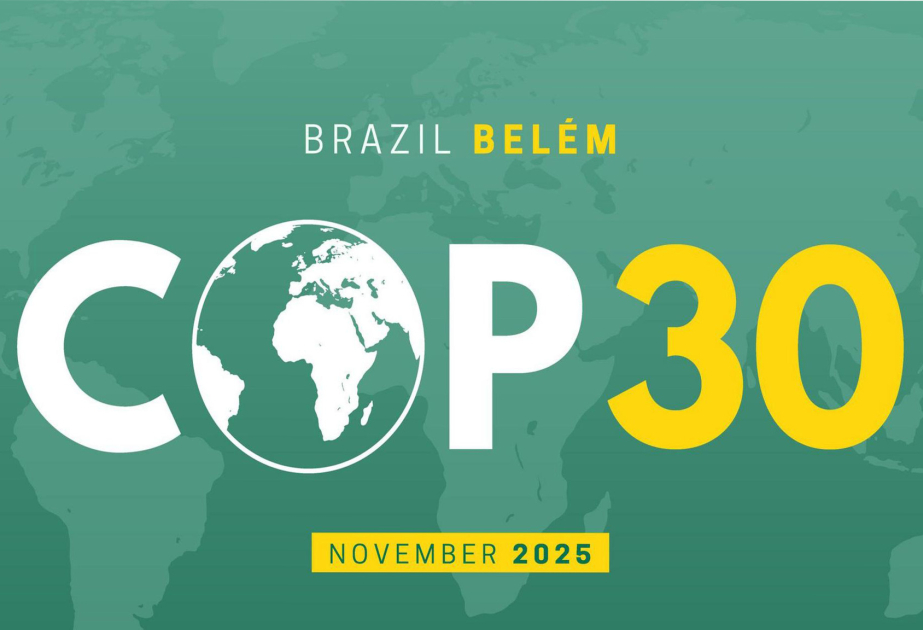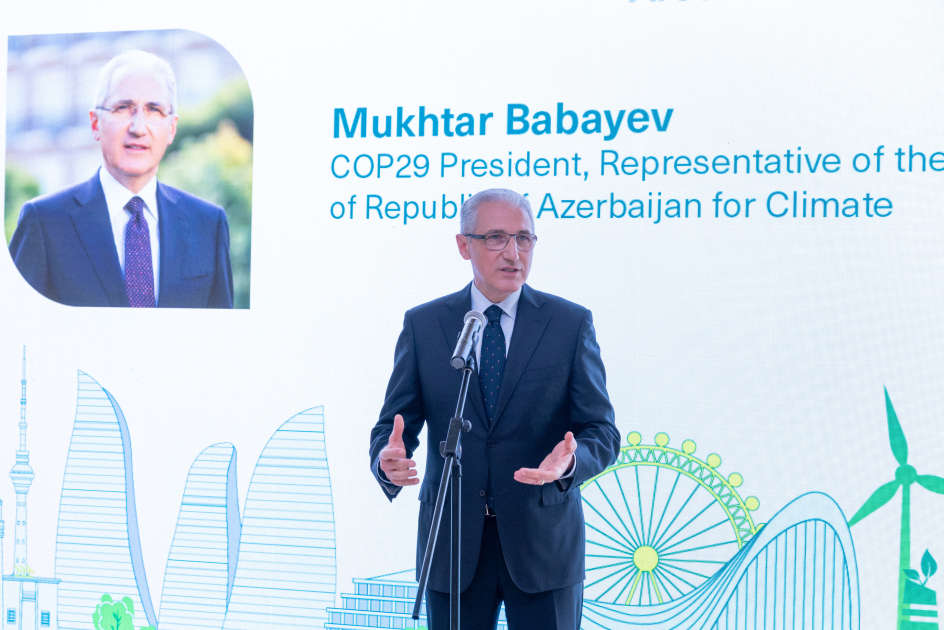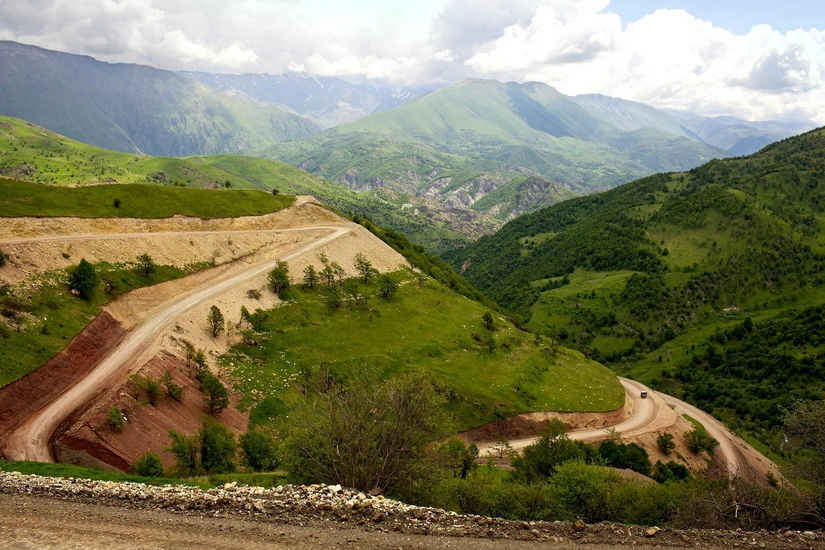Norwegian experts from the Bjerknes Centre for Climate Research have noted that Greenland's ice sheet is losing mass at an unprecedented rate. Since the 1980s, more than one trillion tons of ice has melted, and the melting rate has increased sixfold in the last decade, Report informs.
The research was published in The Cryosphere scientific journal.
Experts have determined that an annual ice loss of approximately 230 billion tons will be a turning point. This corresponds to a global average temperature increase of 3.4°C. In 2024, the planet has already exceeded the 1.5°C threshold established by the Paris Agreement.
Scientists used modeling to assess the impact of climate change on the ice sheet's mass balance. The western part of the ice sheet plays a special role as it can stabilize its condition. However, if this area becomes disconnected from coastal regions, it will result in the loss of more than 80% of the ice mass.
Melting ice sheets not only cause sea level rise but also change ocean salinity, threatening marine ecosystems and coastal communities. The complete melting of Greenland's ice sheet could lead to a seven-meter rise in sea level.





















